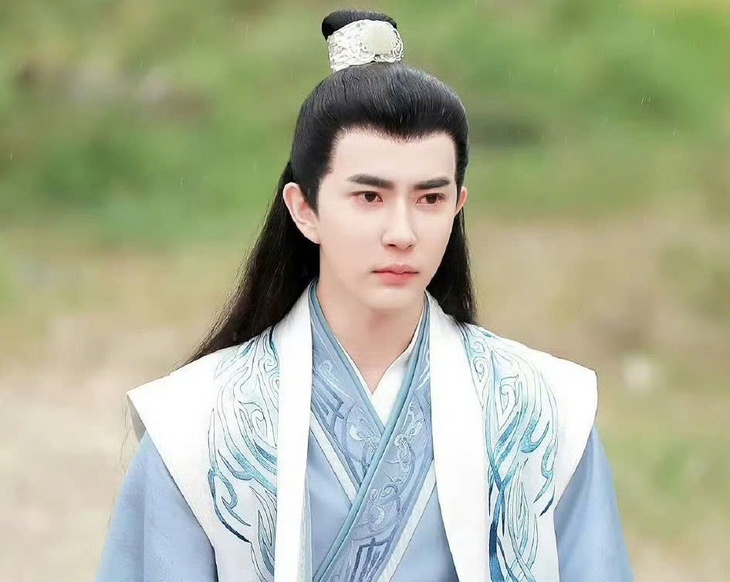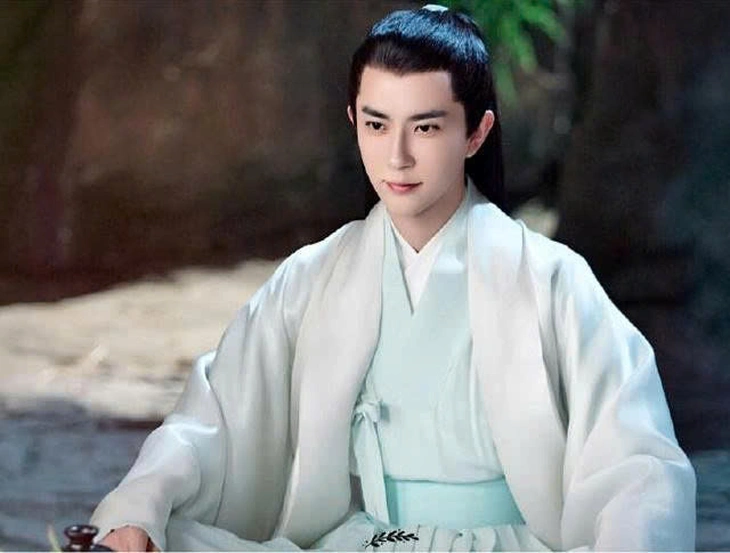The sudden death of Chinese actor Yu Menglong on September 11 shocked fans across Asia. Best known for his roles in fantasy dramas such as Eternal Love (Three Lives, Three Worlds, Ten Miles of Peach Blossoms), Yu had been a rising figure in the entertainment industry. But in the days that followed, what began as grief quickly spiraled into a storm of conspiracy theories—ranging from secret torture to the possession of a “mysterious red USB” linked to corruption.
This week, Beijing police moved to shut down speculation, announcing that Yu’s death was the result of an accident after drinking alcohol, not foul play. Authorities also confirmed that three individuals were placed under coercive measures for deliberately fabricating and spreading false rumors online.
A Tragic Night, An Official Conclusion

On September 21, Sina reported that the Chaoyang District Public Security Bureau had concluded its preliminary investigation. “The case has been classified as an alcohol-related accident,” police said. “No evidence of homicide was found.”
The statement seemed intended to put an end to public speculation. Yet instead of calming the situation, it only fueled more skepticism. Many fans and online commentators refused to believe that Yu’s death could be explained so simply.
The Rise of Online Theories
Almost immediately after news of his passing broke, social media platforms like Weibo, Douyin, and various fan forums lit up with speculation. Posts circulated suggesting Yu had been silenced for reasons beyond the public eye. Some alleged that his death was staged, while others claimed that “shadowy forces” within the entertainment or political establishment were involved.
Videos, grainy images, and supposed “eyewitness accounts” went viral. In one particularly sensational thread, users claimed Yu had been in possession of a red USB drive containing evidence of money laundering and financial crimes involving powerful figures in the entertainment world.
Other posts described elaborate scenarios: Yu allegedly detained at a luxury compound, tortured by a group of 17 men, and forced to reveal the location of the USB. Some claimed he swallowed the device to protect it, leading interrogators to stab him in an attempt to retrieve it.
Audio clips also circulated online, supposedly recording Yu crying out in pain and declaring: “Even if you kill me, I will not bow down.”
Viral Claims of a Staged Accident

Perhaps the most shocking theory suggested that Yu was hung upside down outside a building window, pushed to fall, and then dragged back inside with fatal injuries. His body, according to these claims, was later redressed to simulate an accidental fall caused by intoxication.
While sensational, none of these stories have been backed by concrete evidence. Still, they gained traction in part because of the perceived lack of transparency in the official investigation.
Censorship and Suspicion
Another factor fueling speculation was the rapid deletion of posts. Within hours of Yu’s death being reported, numerous threads on Weibo disappeared. According to an announcement from the platform on September 13, more than 4,300 posts had been removed and around 60 accounts permanently or temporarily banned for spreading “harmful rumors.”
Instead of quelling doubts, the mass deletions reinforced the belief that authorities were hiding something. “If it’s really just an accident, why delete everything?” one user commented before their post was removed.
A Mother’s Plea for Peace

On September 16, Yu’s mother publicly addressed the controversy, confirming that her son had indeed died in an alcohol-related accident. She urged the public to stop spreading falsehoods and allow the family privacy to grieve.
Her statement brought some comfort, but others insisted that she had been pressured into silence. “No parent would accept such an explanation so quickly,” one fan argued.
Why Conspiracies Flourish
Observers say the explosion of conspiracy theories reflects broader public mistrust in official narratives. In China, where sensitive information is often tightly controlled, the lack of transparency often invites speculation. “When details are scarce and censorship is heavy-handed, people will fill the void with their own theories,” one media analyst explained.
In Yu’s case, the combination of his celebrity status, his sudden and unexpected death, and the quick official conclusion created the perfect conditions for conspiracy theories to thrive.
The Human Side of the Story
Lost amid the rumors is the fact that Yu Menglong was, above all, a beloved actor. Fans remember him for his gentle demeanor, striking performances, and the way he brought characters to life on screen.
His breakout role in Eternal Love earned him a devoted following across Asia. Younger audiences admired him as a rising star, while older fans saw in him the promise of a new generation of Chinese actors carrying the industry forward.
To many, his death feels not only like the loss of a performer but also the abrupt end of a story that had only just begun.
The Broader Implications

For Beijing authorities, the case underscores the difficulty of controlling narratives in the digital age. Even as platforms remove thousands of posts, new theories emerge almost instantly. The more information is suppressed, the more determined netizens become to uncover—or invent—alternative versions of events.
This dynamic is not unique to Yu’s case. In recent years, other high-profile deaths and disappearances in China have also been accompanied by waves of online speculation, reflecting the public’s struggle to reconcile official statements with their own suspicions.
Conclusion: Between Grief and Doubt
As the dust settles, the official account remains unchanged: Yu Menglong died in an accident after drinking. But for many, doubts linger. Was it truly an accident? Or does the truth lie hidden behind the walls of censorship and silence?
Until clearer evidence emerges, Yu’s death will remain both a tragedy and a mystery in the eyes of his fans. For now, his family pleads for peace, while the public wrestles with unanswered questions.
One thing is certain: Yu Menglong’s legacy—as an actor and as the subject of one of China’s most controversial online debates—will not soon be forgotten.





